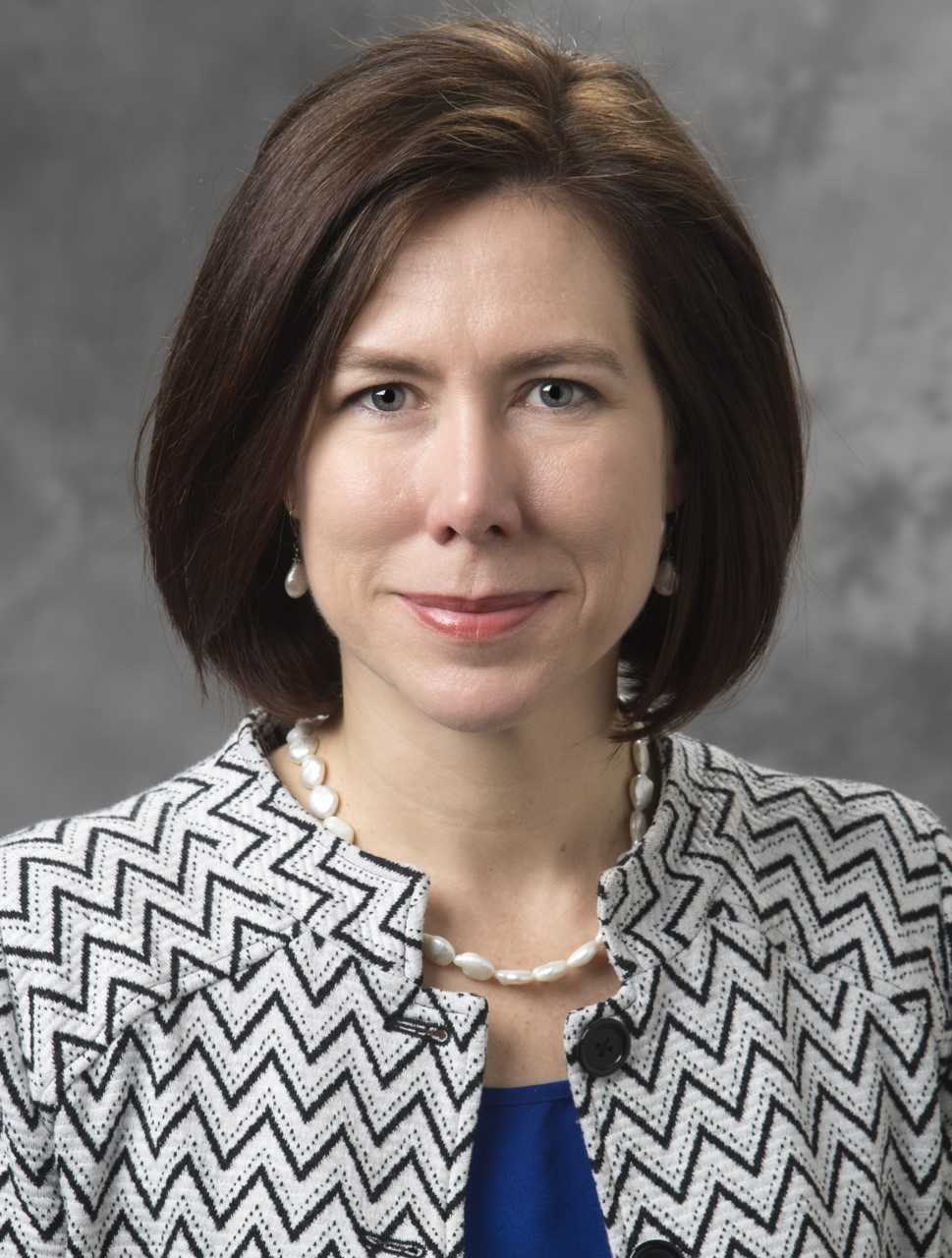Kinzer-Ursem receives CAREER award and NSF I-Corps grant

The CAREER award supports the development of individual research programs of distinguished scientists early in their careers. Recipients may be involved in scientific computing, biological or environmental research, basic energy sciences, fusion energy sciences, high energy or nuclear physics. Over the next five years, the award will provide Kinzer-Ursem with $550,000.
Kinzer-Ursem researches biomolecular detection and dynamics of intracellular protein signaling networks. With the funding from the CAREER award, she plans to use a combined theoretical-experimental approach to describe key events in protein signaling complex formation that dictate neuron connectivity.
“Our goal is to use engineering techniques to describe how these proteins interact and move through space and time. In this way we hope to quantify the relative effects of key protein interactions so that therapies can be specifically tailored to address disruptions and dysfunctions that lead to complex learning and memory disorders.” says Kinzer-Ursem. In addition to her research, Kinzer-Ursem plans to create a set of STEM learning modules for K-12 students focused on biological transport. She will also create a multidisciplinary educational pathway for Purdue students to obtain careers in biomolecular detection, biotechnology and technology development by implementing new courses that combine engineering, chemistry and biology.
With the funding from the I-Corps grant, Kinzer-Ursem will move toward commercializing a handheld disease detection device.
“Through the I-Corps customer discovery process we were able to identify that there is a large need to detect bacterial contamination in drinking water sources before people consume the water and get sick,” she said. “During the process we spoke with stakeholders at the CDC (Centers for Disease Control), USAID, Gates Foundation, Save the Children, Doctors Without Borders and others. Recent cholera outbreaks in Haiti and Yemen were devastating but completely preventable. A multidisciplinary approach that brings together low-cost detection devices, such as our system, improvements in water, sanitation and hygiene and vaccination will allow for future crises to be avoided.”
